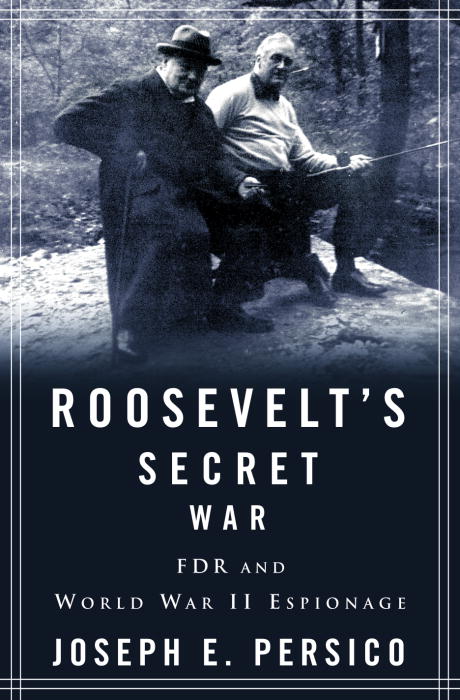- Available Now - Ebooks
- Unputdownable ebooks!
- New eBook additions
- Rapid Reads! (Always available)
- Read Before You Watch
- Addiction Affects Everyone
- NSFW! - ebooks
- Harry Potter around the world
- 中文标题
- Livres en Français
- Graphic novels & comics - for adults
- Most popular
- Read a Banned Book
- See all ebooks collections
- New audiobook additions
- Unputdownables!
- Read a Banned Book
- Hola, Bonjour, Hallo, Ciao, Namaste, Marhaba! Learn a language
- Author interviews UPDATED (Professional Book Nerds) - Always Available - Audio podcasts
- Nonfiction Audio - UPDATED - Always Available
- Fiction Audio - UPDATED - Always Available
- En Français, comprenez-vous?
- по-русски, понимаете ли вы?
- NSFW!
- Harry Potter around the world
- Most popular
- Available now
- See all audiobooks collections



